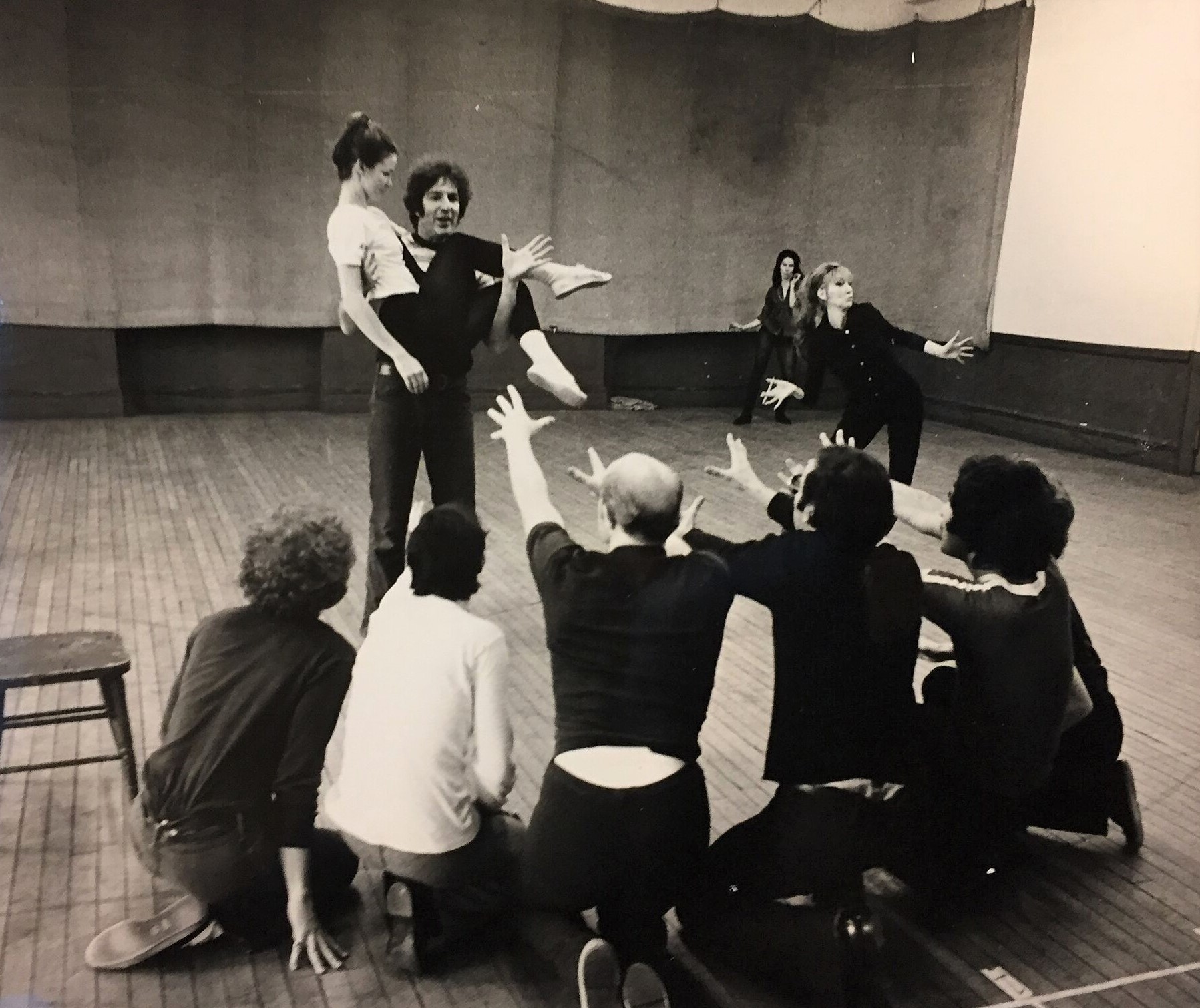
There are two strong reasons to welcome a revival of the musical Lolita, My Love, which is being staged at the York Theater at Saint Peter’s from February 23 through March 3, 2019 as part of its “Musicals in Mufti” series. First, it’s a reexamination of a story about the sexual relationship of a teenage girl with a middle-aged man now that many powerful men are being busted for their conduct with subservient or underage women. Second, it’s a chance to hear a virtually-unknown score by one of the great songwriters in the history of Broadway, Alan Jay Lerner. Lerner was the force behind this 1971 show. He had left his successful partnership with Frederick Loewe, with whom he wrote Brigadoon, My Fair Lady, and Camelot, and engaged the Brit John Barry to compose the music. (Barry had written the film scores for “Born Free,” “The Lion in Winter,” and eleven James Bonds.) Lerner wrote the book and lyrics. He coaxed the illustrious opera director Tito Capobianco to stage it. The musical was based on the 1955 novel “Lolita” by Vladimir Nabokov, acclaimed by many to be the greatest literary work of the 20th century, while others call it disgusting and perverted. Humbert Humbert, an aging European professor, is infatuated with the 12-year-old daughter of his landlady, Charlotte, and he marries Charlotte to be near his mesmerizing nymphette. When his wife dies, Humbert and Lolita embark on a cross-country trip in his car. Humbert puts sedatives in her ice cream, then gives her money and buys clothes for her in exchange for sex. In the novel and the successful movie (starring James Mason) the story is told entirely from Humbert's perspective, which leads the audience to trust his version of events, and to identify with him. That induced creepiness in 1971 and would be totally offensive today. In this new production, adapter Erik Haagensen has used a Lerner re-write idea (which was never performed) and switched the narrator to Humbert’s psychiatrist, who is a woman. This version’s director also is a woman, Emily Maltby, who adds a feminist perspective. If you recoil at this story, bear in mind that it has a strange fascination, and not only for men. Claire Armitstead, culture editor of “The Guardian,” wrote, “For a 1970s teenager, Lolita was glamorously erotic. I know I wasn’t alone in fantasizing about what it might be like to be a gum-popping nymphet, whisked away on a road trip by a handsome literary sophisticate. Which of us didn’t have a crush on some crooner or actor chap? She is what many teenage girls dreamed of being.” Humbert is intoxicated by language and uses word play and wry observations of American culture, which Lerner tried to incorporate into the show. Lolita, My Love also gives us a chance to hear music by Lerner in his mature years. Haagensen calls it “a brilliant score.” The songs aren’t known because the show closed after Philadelphia and Boston tryouts and never was recorded. The original show flopped because of the repulsive story, and chaos within the creative team. Capobianco, who collaborated with me on his memoirs, told me that there was recurrent improvisation. “In opera, you have a solid basic structure of words and music. In this, they were constantly changing the music, lyrics and dialogue. At each rehearsal they would show up with new ideas and new text. ‘Hey you, over there, do this instead...’ Every day, things were changed. Lerner said to my wife, ‘You must be happy your husband does most of his work with Verdi and Puccini, because they’re dead. Unfortunately for you I’m alive.’” Lerner was with his newest wife. She was the fifth out of eight women Lerner married. She sat next to him at rehearsals and would give to him special white cotton gloves to prevent him from chewing on his fingernails. He’d take the gloves off and throw them on the floor. An assistant would immediately hand him new gloves. During the preparation of Lolita, My Love the two of them separated, then divorced. Lerner was getting shots of amphetamines and was extremely high-strung. Lerner approached the show as a black comedy, and looked for ways to make it more entertaining, whereas Capobianco’s interpretation was darker. After the Philadelphia tryout, Capobianco quit and Lerner hired a new director and choreographer. He wanted Richard Burton to play the leading man but settled for the British Shakespearian actor John Neville. Lolita was the little-known 15-year-old Annette Ferra. Producer Norman Twain described her character, “She’s full of crazy, kookie mannerisms, very cool.” Ferra said, “I’m the original flower child.” But after Philadelphia she was replaced by a more innocent-looking actress. Dorothy Loudon was her mother, and Leonard Frey was Quilty. The York production features Robert Sellas as Humbert, Caitlin Cohn as Lolita, Jessica Tyler Wright as Charlotte, George Abud as Quilty and Thursday Farrar as Dr. Ray. [END]
